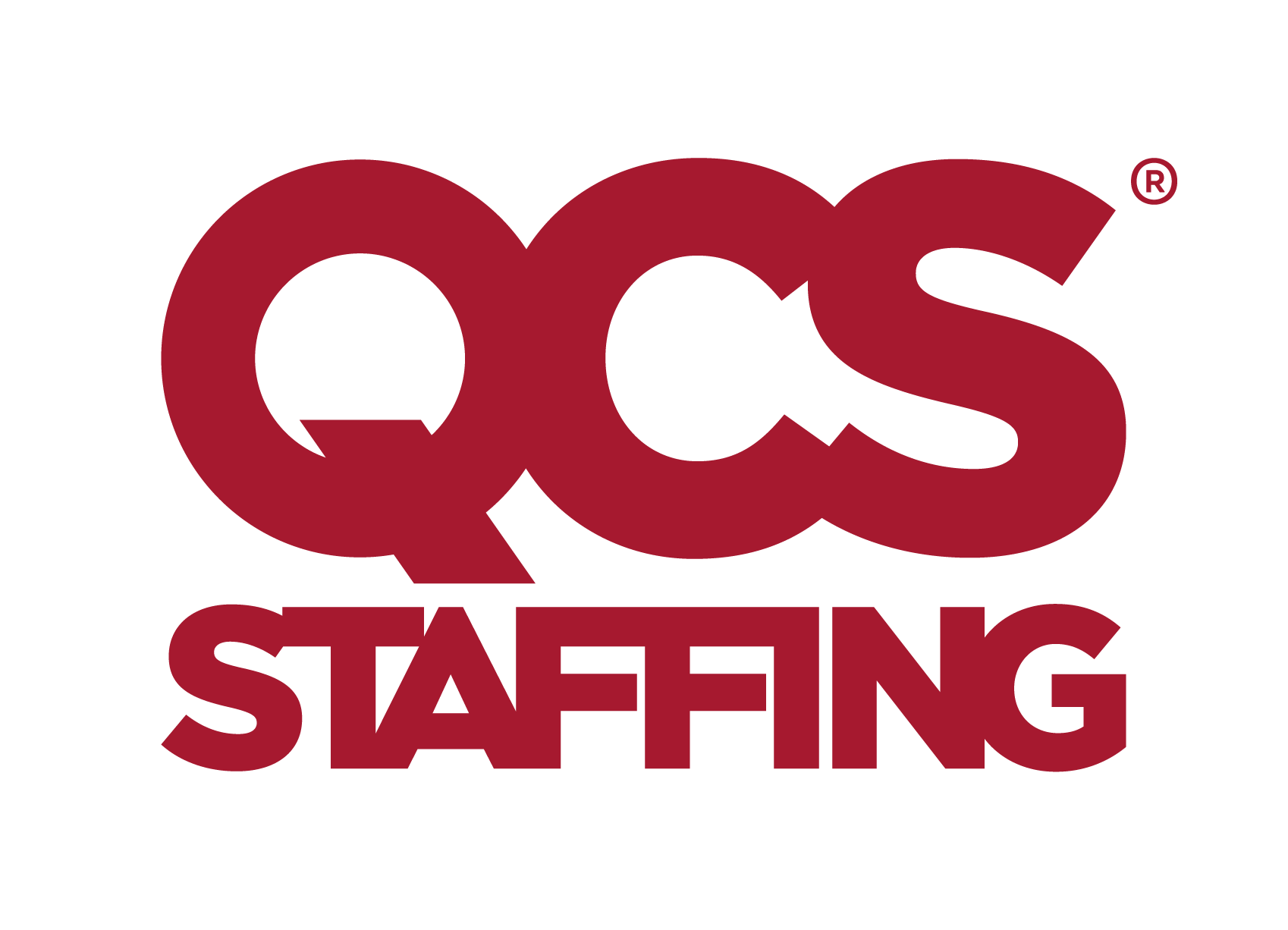What is Commissioning?
What is Commissioning?
Commissioning is the process of ensuring that all systems and components of a building or industrial plant are designed, installed, tested, operated, and maintained according to the operational requirements of the owner or final client. It is a crucial phase in the life cycle of any project, ensuring that everything functions as intended.
What is a job in Commissioning?
A job in commissioning involves overseeing the final phase of project development, where the focus is on verifying that all systems are correctly installed and functioning. This includes conducting tests, troubleshooting issues, and ensuring compliance with safety and quality standards. Commissioning managers work closely with engineers, contractors, and other stakeholders to deliver a fully operational project. We explore a day in the life of a commissioning engineer and commissioning operator. We also explore 5 key skills needed to become a commissioning engineer.
Phases of Commissioning
Commissioning is a comprehensive process that can be broken down into several key phases:
Design Phase: This phase involves reviewing design documents to ensure that the proposed systems meet the required specifications and performance criteria. Early involvement of commissioning managers during this phase helps to identify potential issues and integrate commissioning requirements into the design.
Construction Phase: During this phase, the focus is on verifying that the construction of systems and components adheres to design specifications. Commissioning managers conduct site visits, inspect installations, and ensure that contractors follow the approved plans.
Pre-Commissioning Phase: This phase includes preliminary checks and preparations for system startup. It involves functional testing of individual components, calibration of instruments, and verification of safety systems to ensure everything is ready for full system testing.
Commissioning Phase: In this critical phase, the entire system is tested under real operating conditions. Commissioning managers conduct performance tests, troubleshoot issues, and validate that the system operates according to the required performance criteria.
Post-Commissioning Phase: After the system is operational, this phase involves ongoing monitoring and optimization. Commissioning managers ensure that the system continues to perform efficiently and make necessary adjustments to maintain optimal performance.
Types of Commissioning
Commissioning can be classified into several types, each suited to different project requirements:
Initial Commissioning/New Construction Commissioning (NCCx): The process of bringing new systems into operation for the first time. This involves comprehensive testing and validation to ensure all components function as intended.
Retro-Commissioning (RCx) : The evaluation and optimization of existing systems that were not previously commissioned. This process aims to improve the performance and efficiency of older systems.
Re-Commissioning/Existing Building Commissioning (EBCx): The periodic re-evaluation of systems to ensure they continue to operate efficiently and effectively. This type of commissioning is often conducted as part of regular maintenance to sustain optimal system performance.
Continuous Commissioning (CCx): This type involves ongoing monitoring and adjustments to ensure that building systems continue to operate efficiently over time. Continuous commissioning uses data and analytics to identify performance issues and implement corrective actions proactively. It helps in maintaining long-term efficiency and reducing operational costs.
Are You Ready for a Role in Commissioning?
If you are a skilled engineer seeking a rewarding career path QCS Staffing could have the perfect opportunity for you! Check out our commissioning jobs or submit your CV to take the first step! If you want a pharmaceutical commissioning role, check out our CQV Jobs page.




.png?v=912eceac38f06c4bc6affa02e12519c7)

